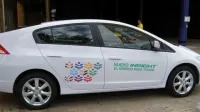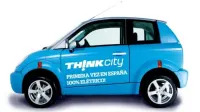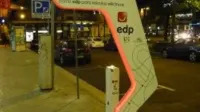Madrid installing EV recharging points at all public parking facilities
Madrid City Hall, Spain, has decided to go big for electric cars and install EV recharging points at all public parking facilities in the city. This means that the city's 36 parking installations will have up to 58 recharging points where EVs can be charged for free. What's more, City Hall has announced that all new parking lots will include these charging stations and the system will also be brought to municipal facilities that are used by residents. This isn't the last EV step for Madrid: City


















